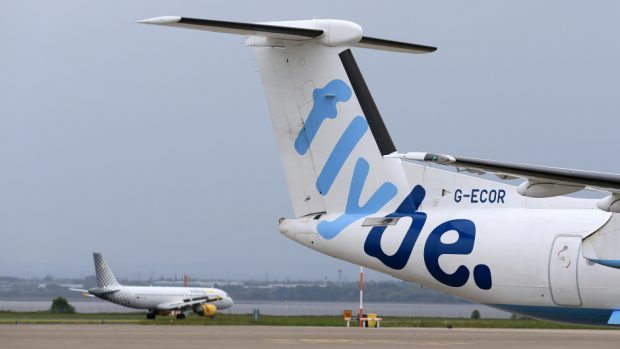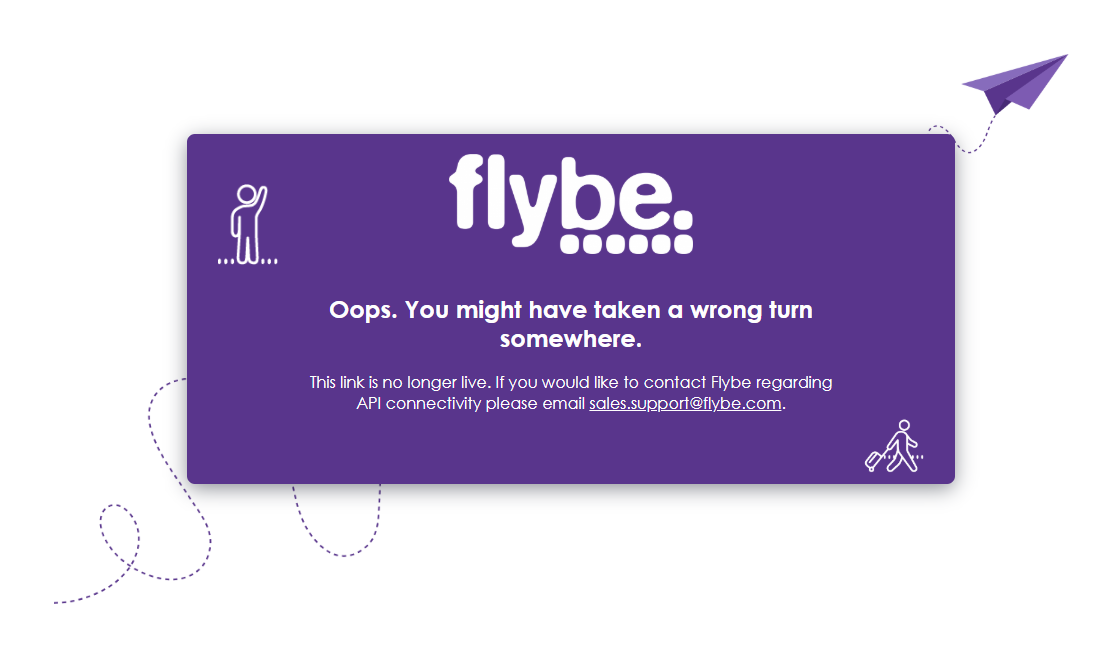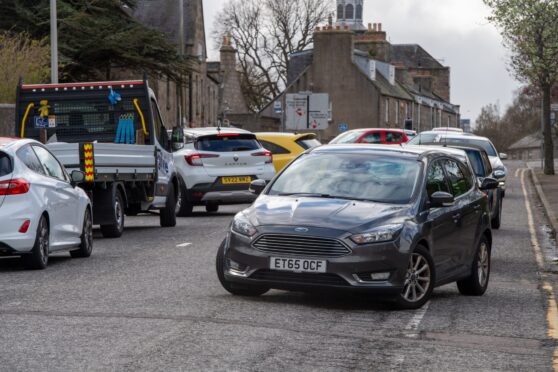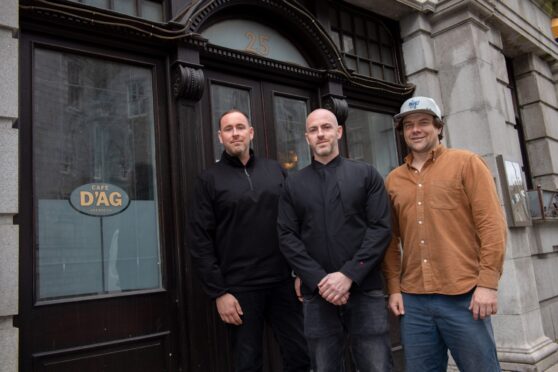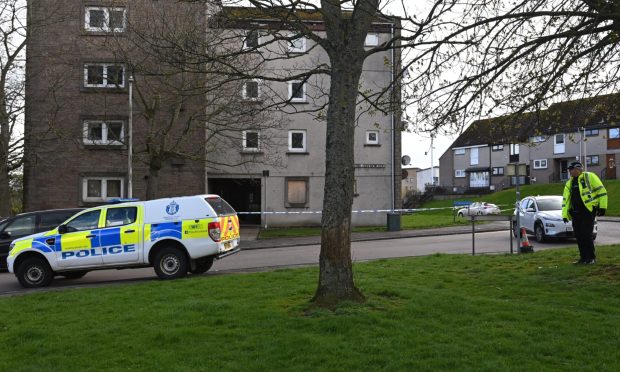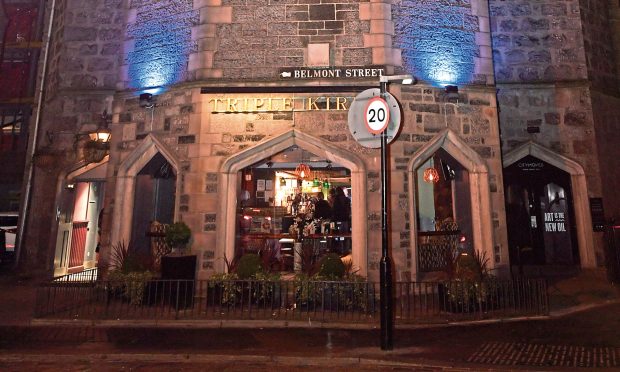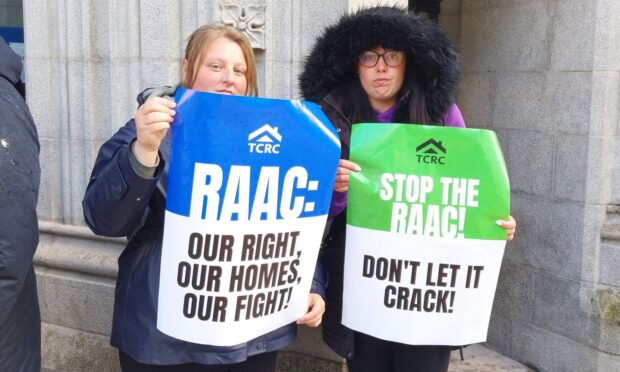Regional airline Flybe has fallen into administration after failing to secure a £100 million loan.
The struggling airline, which employs more than 2,000 people, had been hit by a slump in bookings since the outbreak of coronavirus.
Crisis talks were held throughout the day to try and secure a rescue package, but it is understood no deal was agreed.
Flybe was saved from collapse earlier this year but has been unable to obtain finance from the UK Government.
It served around 170 destinations and had a major presence in the north and north-east with services between Aberdeen, Inverness, Kirkwall, Sumburgh and Wick John O’Groats.
The airline’s website appeared to have been pulled shortly before 11pm, and it released a statement by chief executive Mark Anderson announcing its collapse earlier this morning.
It said: “Every possible attempt” to avoid collapse but had been “unable to overcome significant funding challenges”.
“The UK has lost one of its greatest regional assets,” Mr Anderson said.
“Flybe has been a key part of the UK aviation industry for four decades, connecting regional communities, people and businesses across the entire nation.
“I thank all our partners and the communities we have been privileged to serve. Above all I would like to thank the Flybe team for their incredible commitment and dedication.”
Flybe’s final flight left Manchester at 11.03pm and arrived in Aberdeen just after midnight.
Just heard it go over my house😢. Bye #FlyBe.
— Martin Findlay (@martingfindlay) March 4, 2020
A series of issues had affected the airline’s finances, including rising fuel costs, falling demand, competition from road, rail and other airlines, plus a weakening of the pound.
As part of a January rescue deal, it agreed an arrangement to defer tax payments of “less than £10m” with HM Revenue and Customs.
Last month it was bought by a consortium comprising Virgin Atlantic, Stobart Group and Cyrus Capital, but continued to make losses.
#flybe last plane landing at #aberdeenairport just a few moments ago. pic.twitter.com/J8rnnbvhMH
— Doug McVicar (@D_R_MCV) March 5, 2020
Inverurie Olympian Hannah Miley was one of those on board the last flight.
She wrote online: “Bit of a shock turn of events, flight attendants and pilots were brilliant.
“Under such pressure and stress I really commend their professionalism.”
Landed in Aberdeen. Think that was the last ever flybe flight from MAN to ABZ! Bit of a shock turn of events, flight attendants and pilots were brilliant. Under such pressure and stress I really commend their professionalism. I'm just so sorry how it's all turned out for them 😟 pic.twitter.com/BO5N5CcFKy
— Hannah Miley (@HannahMiley89) March 5, 2020
Mike Clancy, general secretary of the Prospect union, said its collapse was a “devastating blow” for its members.
He added: “The airline provides important connections to and from parts of the UK where other viable options often don’t exist.
“Prospect will do everything we can to support our members but the truth is the government has badly let them down.
“The failure to provide the loan that is required as part of a package of rescue measures means the government has failed in its commitment to every part of the UK.”
Nadine Houghton, national officer of the GMB union, said: “These unfolding developments are a tragedy not only for Flybe’s loyal workforce, but a domino effect now puts 1,400 jobs in the wider supply chain at immediate risk and threatens the future of vital regional airports.
“The last thing regions crying out for investment need is to see infrastructure that maintains good jobs ripped away.”
Scottish Conservative north-east MSP Liam Kerr, who has written to ministers over other airlines dropping Aberdeen routes in recent months, said: “This is another devastating blow for Aberdeen airport and its passengers.
“Figures show Aberdeen has the highest share of Flybe flights in Scotland which makes this announcement all the more concerning.
“My thoughts also go to the hard-working Flybe staff who worked in a professional manner right up until the announcement and whose jobs are now at risk through no fault of their own.
“The SNP Government must now focus on doing everything it can to get other airlines to help fill Flybe’s slots as well as support the staff that have been affected by the announcement.
“We have recently seen other airlines drop routes to and from Aberdeen and it’s now paramount that the airport is given as much help as possible to minimise the detrimental effect of Flybe’s collapse.”
What happens next?
Flybe carries around eight million passengers a year between 71 airports across the UK and Europe.
Its collapse could potentially leave thousands of people stranded with no way of returning home, and 2,000 staff members out of work.
When previous firms such as Monarch Airlines and Thomas Cook collapsed, the Civil Aviation Authority was ordered to launch a major repatriation operation to fly them home, costing tens of millions of pounds.
It is not yet clear whether the UK Government will order a similar act for Flybe travellers.
Questions have been asked as to whether or not customers will be eligible for a refund.
Some travel insurance firms will cover cancelled flights if they are the result of an airline collapse, but not all policies provide this coverage.
Flights bought directly from airlines such as Flybe are generally not covered by Atol, a scheme which protects holidaymakers when travel firms collapse.
This usually applies during package bookings, such as flights and accommodation, and allows people to finish their holidays before heading home.
Under the scheme, customers who have not yet travelled will be given a refund or replacement holiday.
Rory Boland, editor of Which? Travel magazine, said: “This is a stark reminder for passengers to ensure they have protections such as airline failure insurance, and to book flights with a credit card so that they can reclaim the cost with their card issuer should an airline go bust.”
